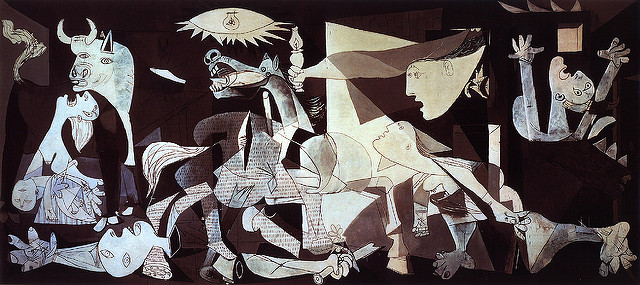A Walk in the Sun
By Milton P. Ehrlich
Shooting at each other—
more exciting than sex.
Blood tastes better
than vintage wine.
One of our ladies-man guys
howls in pain trying to piss.
Sergeant bellows: Ain’t you
ever had the clap before?
If I was not ordered
to carry the BAR—slung
over my weary shoulder
with a torn rotator cuff,
I might have enjoyed
the camaraderie
of a walk in the sun—until
an ambush tourniquets my breath.
A burst of my machine gun
hops them up and down
with still-open eyes and red-hot toes.
Their legs scatter high in the air
like the high kick-ready Rockettes.
We are all outsiders
who used to be human.
The quicksand of hate
sucks the love out of us,
and the elixir of violence
promises a rush until we see
what we have wasted.
We step into silence.
Milton P. Ehrlich, Ph.D., is an 87-year-old psychologist. He is also a Korean War veteran who has published many poems in periodicals such as the Wisconsin Review, Descant, Toronto Quarterly Review, London Grip, Vox Poetica, Taj Mahal Review, Red Wheelbarrow, Christian Science Monitor, Huffington Post, and the New York Times.
Photo by Holly Mindrup on Unsplash.



